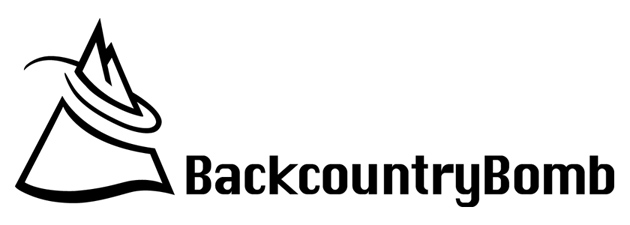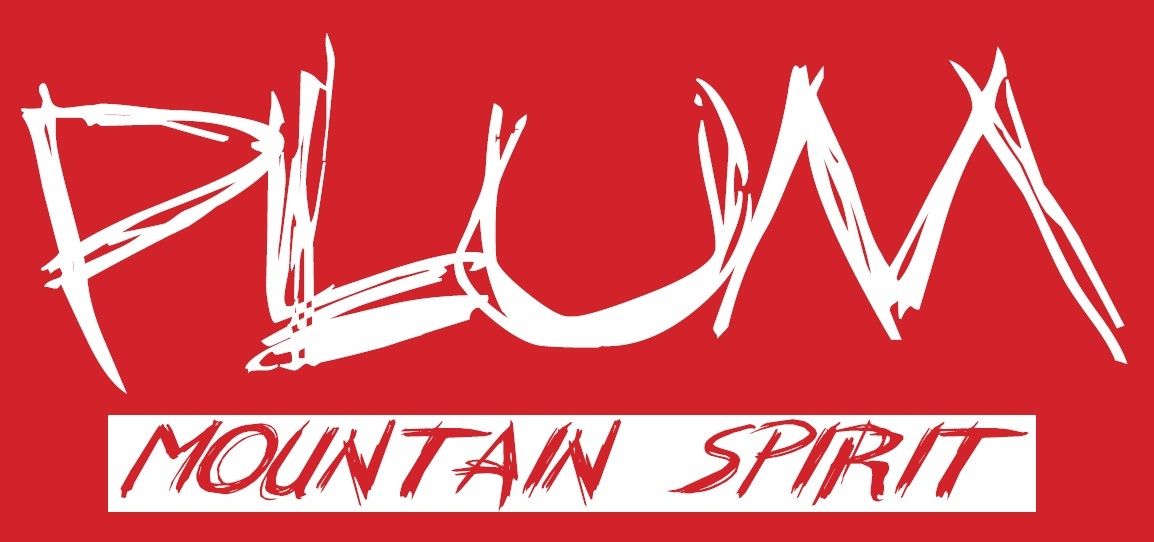The Pro Life
 Monday, October 29, 2012 at 01:44AM
Monday, October 29, 2012 at 01:44AM My "office" for the week.Any working stiff who’s ever vacationed with the sole purpose of engaging in physical activity, be it running, cycling, skiing, climbing or whatever, has gained insight into the lifestyle of the professional athlete. For such a lucky bastard, there’s nothing quite so satisfying as getting up each day knowing that all one has to do is eat, train and sleep. Simplistic bliss.
While on vacation in Jackson, Wyoming recently I was able to live the life for a week. Without the usual distractions, I easily accumulated 24 hours of training in 7 days. An easy 90-minute run the evening of my arrival was followed by back to back 5,000+ foot days on Teewinot and Buck Mountain (5 hours each). I took a day off and then did 7.5 hours of hiking and running above Cascade Canyon with another rest day and finally and 6.5 hour day with the boys running around the range. I was tired but not crushed.
The Professional Difference
As a friend to a current high-level professional cyclist, I’m constantly amazed at his ability to engage in and absorb insane training loads while preparing and racing in the world’s most demanding bicycle races. Weekly training volumes of 25 to 30 hours are not uncommon at peak periods. As a casual but interested advisor, I find myself cautioning him against such volume and he continually reminds me of the differences between he and me.
Sheer genetic talent and significant youth aside, it’s the lifestyle of the pro that creates the environment that allows for the adaptations driven by extreme training. I’m not sure that the average weekend warrior or even high-level amateur appreciates the distinction.
The main difference between them and us can be summed up in one, three word phrase – non-training stress. This describes the various physiological and psychological stressors athletes face each day that impact performance and recovery, independent of the sport itself. These include, sleep quality and quantity, nutrition, relationship stress, work stress and illness. Let’s examine each of these.
Sleep
I continue to maintain that, aside from our actual training, sleep is the single most important aspect of our plan. Assuming you’re actually training, getting adequate quality sleep will determine the extent to which you benefit from your effort. The more you have to do during your day and the greater your worry about various things, the worse your sleep is likely to be.
The professional is unlikely to set an alarm and usually has ample time during the day to catch, what I like to call, performance-enhancing naps. The rest of us get screwed on both accounts unless we’re on that vacation I mentioned at the beginning. With less to worry about, the pro typically enjoys better quality sleep, as well.
Nutrition
 Team Garmin-Sharp chowingPro athletes typically spend a lot of time thinking about and consuming food. Few fail to recognize the importance of quality nutrition for optimizing the impact of training on their fitness. Many have nutrition sponsors, which eliminate the financial burden most of us face engaging in supplementation. With more free time, meals can be given the attention they deserve instead of haphazardly feeding in between job responsibilities like some of us must do. On top of that, at key events like the Tour de France, teams will often bring in a chef to prepare meals throughout the event to ensure optimal nutrition for the riders.
Team Garmin-Sharp chowingPro athletes typically spend a lot of time thinking about and consuming food. Few fail to recognize the importance of quality nutrition for optimizing the impact of training on their fitness. Many have nutrition sponsors, which eliminate the financial burden most of us face engaging in supplementation. With more free time, meals can be given the attention they deserve instead of haphazardly feeding in between job responsibilities like some of us must do. On top of that, at key events like the Tour de France, teams will often bring in a chef to prepare meals throughout the event to ensure optimal nutrition for the riders.
Relationships
 Hard getting around this sort of thing even for the elite.This is one area where pros don’t necessarily have an advantage. Girl friends, wives, boy friends and husbands are common entities for all of us. It may be a cliché that the driven athlete has little time for such distractions but my informal poll suggests that most engage in some sort of interpersonal relationship. Still, with more free time during the day, perhaps more attention can be given developing and maintaining them. Hard to say.
Hard getting around this sort of thing even for the elite.This is one area where pros don’t necessarily have an advantage. Girl friends, wives, boy friends and husbands are common entities for all of us. It may be a cliché that the driven athlete has little time for such distractions but my informal poll suggests that most engage in some sort of interpersonal relationship. Still, with more free time during the day, perhaps more attention can be given developing and maintaining them. Hard to say.
Work
 Tyler Farrar having a good day at the office.Your sport is your job - ‘nuff said. Of course, it’s still work and, depending upon how you’re performing, it may suck from time to time just like any job. But the time spent on the bike, in the case of cyclists, is typically less than full-time job hours much of the time. This allows more attention to sleep and nutrition which most pros consider an important part of the work day.
Tyler Farrar having a good day at the office.Your sport is your job - ‘nuff said. Of course, it’s still work and, depending upon how you’re performing, it may suck from time to time just like any job. But the time spent on the bike, in the case of cyclists, is typically less than full-time job hours much of the time. This allows more attention to sleep and nutrition which most pros consider an important part of the work day. Some days work sucks
Some days work sucks
Illness and Recovery
 Although it’s easy to believe that an athletic professional is the epitome of health and wellness, the truth is that they become immune compromised just like the rest of us. Heavy training beats down their immune systems just like any other stress and pros are constantly battling the balance between functional and non-functional adaptation (i.e. over training). Add frequent travel, crashes, shitty hotel living, nasty race weather, crappy road food and performance worries to the mix and the stage is set for a viral beat down. Fortunately for them, coaches and managers realize all this and can adjust programs to allow for quicker recovery.
Although it’s easy to believe that an athletic professional is the epitome of health and wellness, the truth is that they become immune compromised just like the rest of us. Heavy training beats down their immune systems just like any other stress and pros are constantly battling the balance between functional and non-functional adaptation (i.e. over training). Add frequent travel, crashes, shitty hotel living, nasty race weather, crappy road food and performance worries to the mix and the stage is set for a viral beat down. Fortunately for them, coaches and managers realize all this and can adjust programs to allow for quicker recovery.
With all this in mind, you can see why I’m constantly amazed when workaday stiffs try to emulate the training programs of their professional heroes. It’s impossible to overstate the impact that our busy lives have on our ability to absorb training load. It’s stunning to watch obsessed, job-holding competitors sacrifice sleep, family and meals in order to get the miles and hours in they feel they need to be their best. With exception of the truly gifted, few individuals will find much success with this tactic in the long run.
 Juggling all these factors and determining each ones’ weight in the overall training equation has been historically performed by trial and error. Fortunately, as I have previously pointed out, companies like Restwise have developed more precise methods for determining our recovery status as we wade through our program. You can check out my previous article on it here for a more in-depth discussion. Needless to say, any tool that can remove some of the guess work about how we're recovering and how much training to engage in is going to have a valuable place in our training arsenal.
Juggling all these factors and determining each ones’ weight in the overall training equation has been historically performed by trial and error. Fortunately, as I have previously pointed out, companies like Restwise have developed more precise methods for determining our recovery status as we wade through our program. You can check out my previous article on it here for a more in-depth discussion. Needless to say, any tool that can remove some of the guess work about how we're recovering and how much training to engage in is going to have a valuable place in our training arsenal.
It's a rare individual who can get all this right the majority of the time and come to the line fully charged and ready to race. Clearly, professionals have the advantage on many fronts. For the rest of us, we face many challenges if we want to draw out our best while maintaining other aspects of our lives. I highly recommend going on vacation, forget about the rest and live like a pro once in awhile. Everyone should dream from time to time. - Brian
 Brian |
Brian |  2 Comments |
2 Comments |  over training,
over training,  recovery,
recovery,  restwise,
restwise,  training in
training in  Exercise Science
Exercise Science 





Reader Comments (2)
Great post Brian! Well written and insightful. I think you failed to mention my training coffee being analgous to EPO and the usual blood transfusion :)
Ah caffeine. My favorite drug. Funny, if you read in the cycling news right now some young riders are saying on record that they don't use caffeine or pain killers while racing. Pure as the fallen snow. Of course, when you're sponsored by Clif, most of the race food is spiked with the drug. Fricking hypocrits!